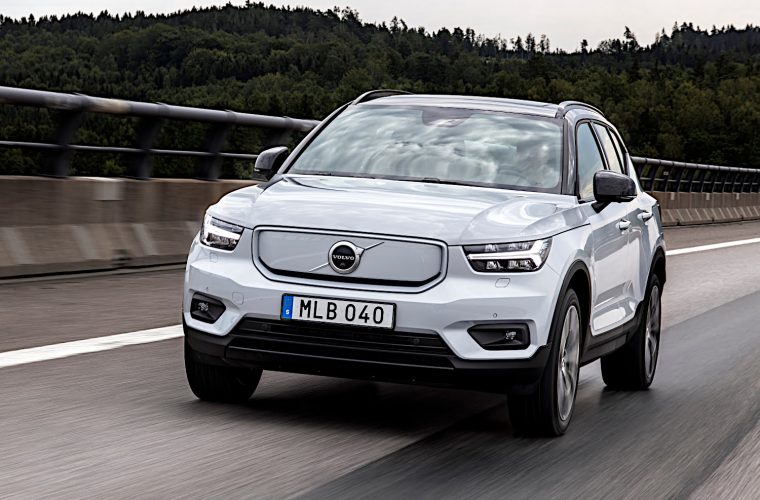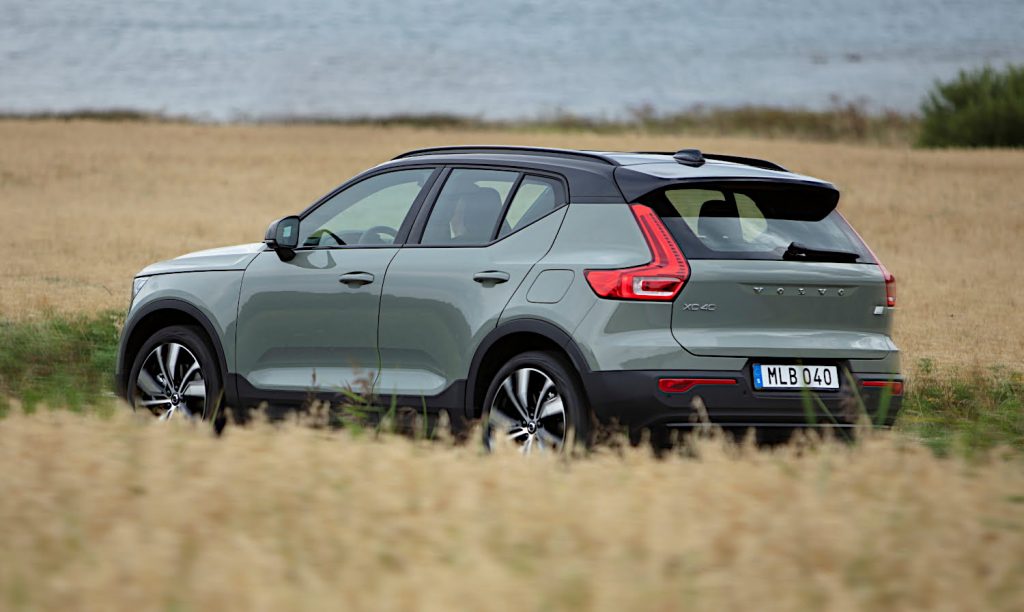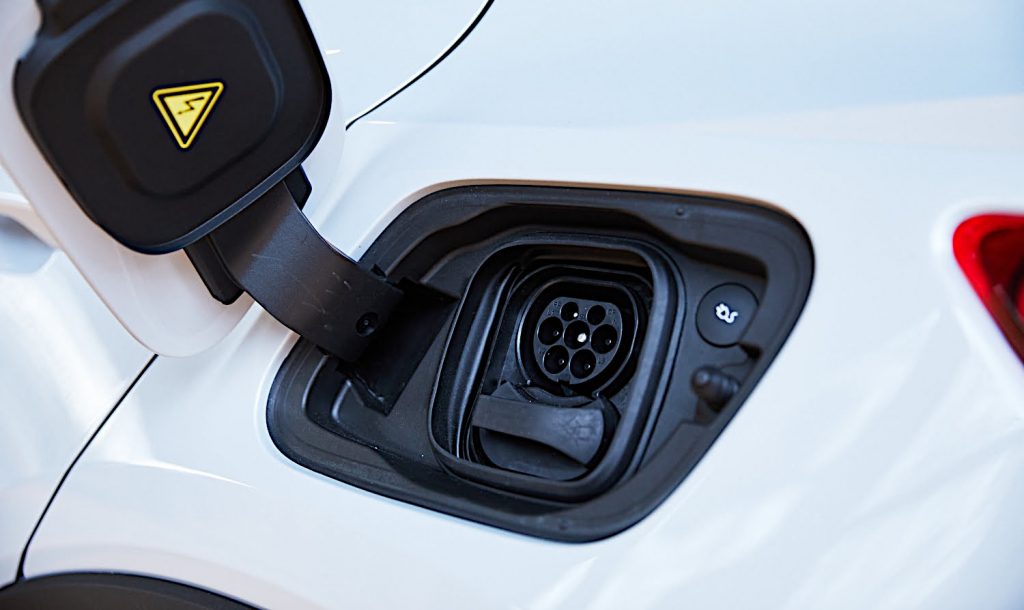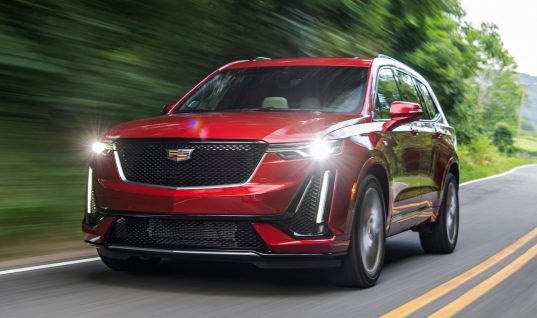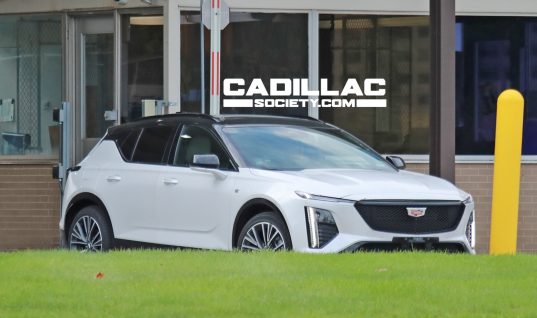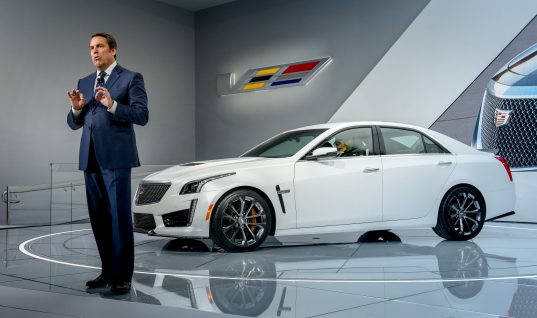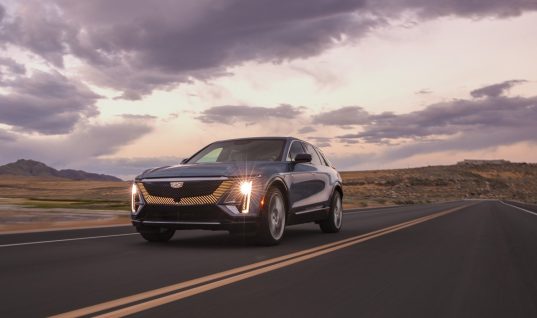After announcing plans to go all-electric by 2030, Cadillac cooled its jets on the EV revolution, ratcheting back its plans to electrify its entire lineup by the end of the decade. It seems like Caddy isn’t the only automaker to soften its approach to EVs, as rival Volvo has also doubled back on its plans to become an EV-only marque by 2030.
Volvo released a statement indicating that it will adjust its EV goalposts in response to the rapidly shifting EV market. The automaker is gunning for EVs to make up 90 to 100 percent of its global sales, which includes both all-electric and plug-in hybrid models, by 2030. Any other vehicles will feature mild hybrid propulsion systems.
“We are resolute in our belief that our future is electric,” Volvo Cars Chief Executive Jim Rowan said in a statement. “An electric car provides a superior driving experience and increases possibilities for using advanced technologies that improve the overall customer experience. However, it is clear that the transition to electrification will not be linear, and customers and markets are moving at different speeds of adoption. We are pragmatic and flexible, while retaining an industry-leading position on electrification and sustainability.”
At this time, Volvo’s lineup in North America consists of mild hybrid, plug-in hybrid, and battery electric models. The automaker offers the all-electric EM90 in China, while the EX90 is sold in various global markets. The new EX30, meanwhile, is positioned as the smallest crossover in the lineup, but currently faces no direct competition from Cadillac.
In a similar vein, Cadillac is also aiming for an all-electric lineup, but instead of a timeline-specific roadmap, it holds its original EV plans as a mission statement. In fact, Global Cadillac Vice President, John Roth, has been quoted as saying that Cadillac plans to offer internal combustion engine-powered vehicles for a while yet, affording its buyers “the luxury of choice.”

